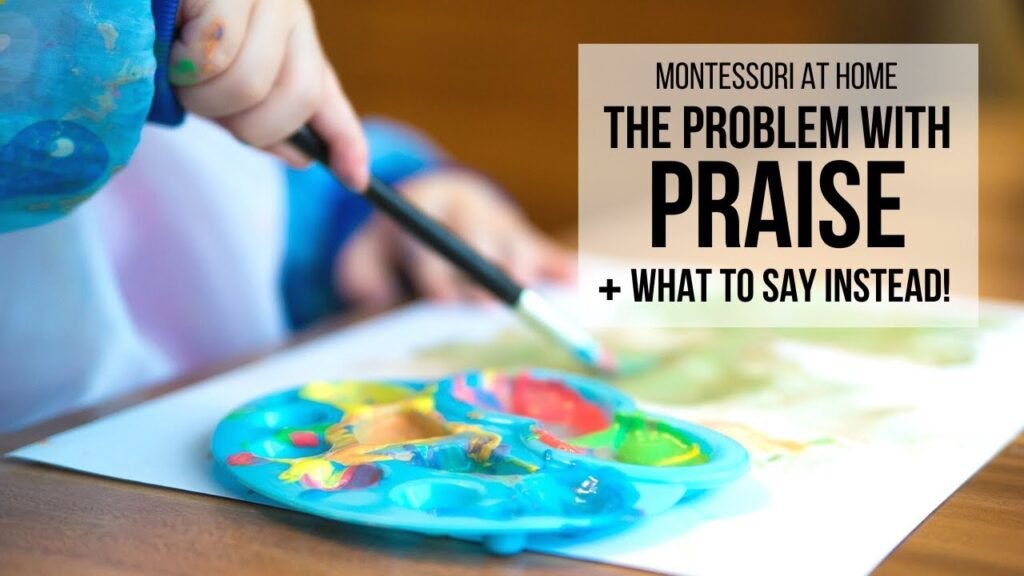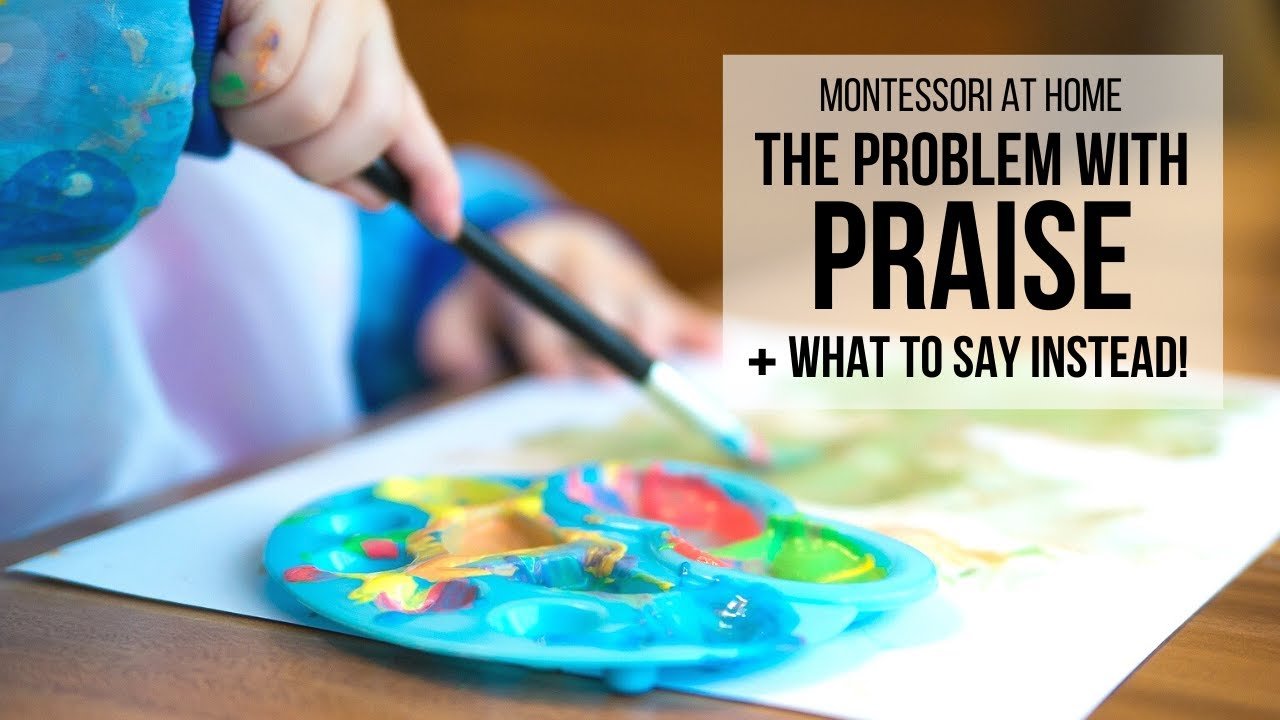Hello there! Are you a parent looking to motivate your children in a more effective way? In the Montessori approach, discouraging praise and offering constructive feedback instead can lead to long-term positive behaviors. Research shows that constant praise can turn children into praise junkies, making them seek external approval rather than feeling proud of their own accomplishments. By implementing Montessori practices at home, you can help your children develop intrinsic motivation and a growth mindset.
As a parent with experience in education, you may have been conditioned to constantly praise your children. However, the Montessori at Home series by Hapa Family provides practical tips on how to offer encouraging feedback instead of praise. By focusing on the child’s effort, describing what you see objectively, and highlighting the effects of their behavior on others, you can help foster a sense of intrinsic motivation in your children. Remember, encouraging feedback rather than praise can have a significant impact on your child’s development.
Negative Effects of Praise
When it comes to motivating children, praise may not be as effective as commonly thought. Research indicates that offering praise to children can have negative effects. Praise can sometimes be a form of control and manipulation, leading to children becoming dependent on praise for validation. Constant praise may also instill a fear of failure in children, causing them to feel pressure to constantly meet expectations.
Montessori Approach to Praise
In Montessori classrooms, the approach to praise differs significantly. Instead of relying on external praise, Montessori educators focus on intrinsic motivation in children. This intrinsic motivation leads to continued positive behaviors and a sense of accomplishment that comes from within.

Alternative Strategies to Praise
In place of traditional praise, Montessori advocates for alternative strategies that focus on providing meaningful feedback to children. Some alternatives to saying “good job” include:
- Silence: Sometimes refraining from saying anything at all can allow children to stay focused and maintain their concentration.
- Objective Description: Describing what you see without judgment or praise can help children recognize their own actions.
- Emphasis on Effort: Acknowledging a child’s effort rather than their accomplishments can foster a growth mindset.
- Impact on Others: Highlighting how a child’s behavior affects others can promote empathy and social awareness.
- Asking Detailed Questions: Instead of offering praise, asking thoughtful questions can encourage children to reflect and engage in deeper conversations.
Benefits of Feedback in Montessori Homes
Encouraging feedback over praise in Montessori homes can have several benefits for children’s development. Feedback focuses on improvement rather than seeking validation, allowing children to build resilience and self-assessment skills. By engaging with feedback, children learn to take ownership of their actions and strive for personal growth.
Implementing Montessori Practices at Home
Bringing Montessori practices into the home environment can further support children’s learning and development. By creating a prepared environment that encourages independent exploration and discovery, parents can help foster a sense of autonomy and responsibility in their children. Using real-life experiences as learning opportunities and allowing children to make choices and learn from consequences can promote critical thinking and problem-solving skills. Modeling respect and empathy in interactions with children sets a positive example for behavior and communication.
Montessori at Home Series
For parents seeking practical guidance on implementing Montessori principles at home, the Montessori at Home series offers valuable tips and resources. With new videos released regularly, this series provides support and insights for parents looking to create a nurturing and stimulating environment for their children.
In conclusion, shifting away from traditional praise towards feedback and intrinsic motivation can help children develop essential skills and a positive mindset. By incorporating Montessori principles at home and embracing alternative strategies to praise, parents can empower their children to become independent learners and confident individuals.

